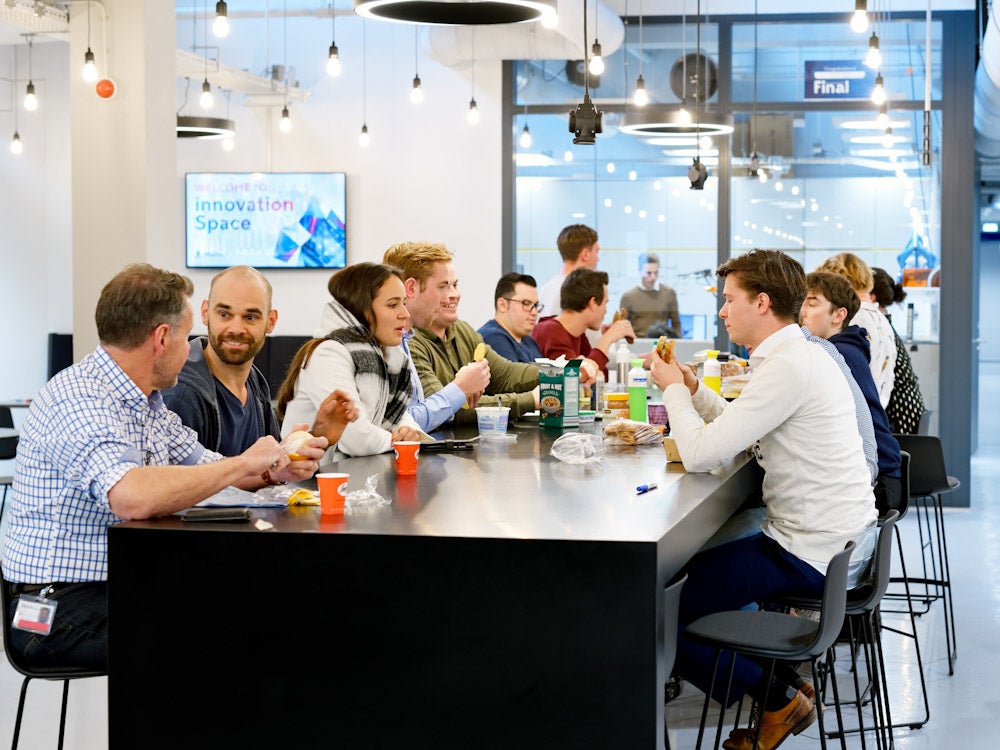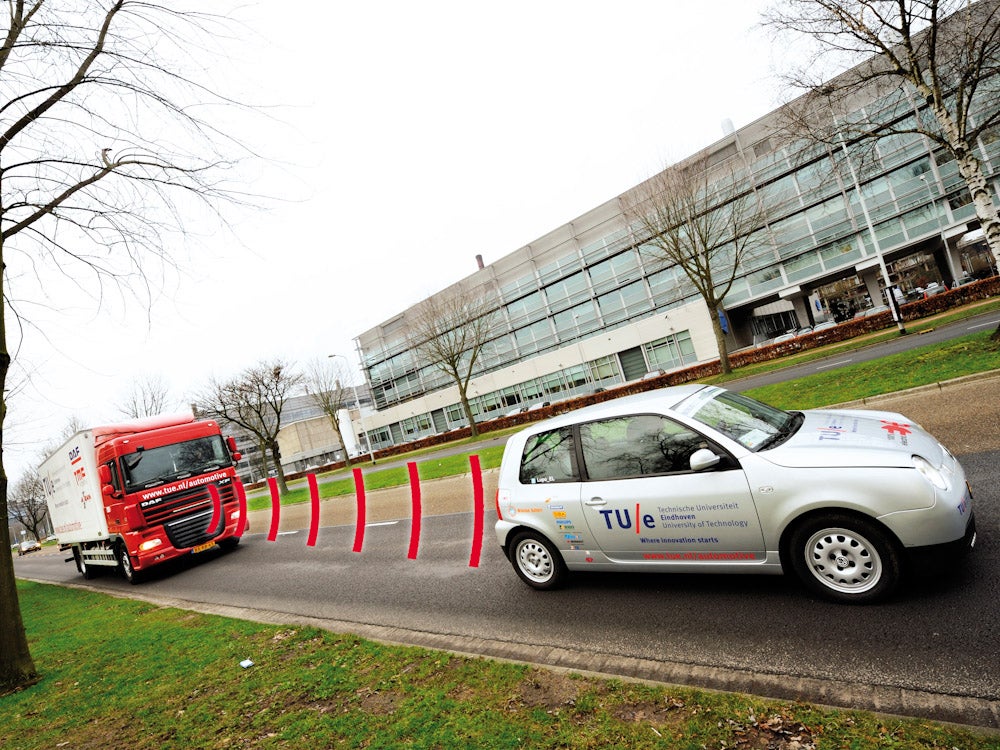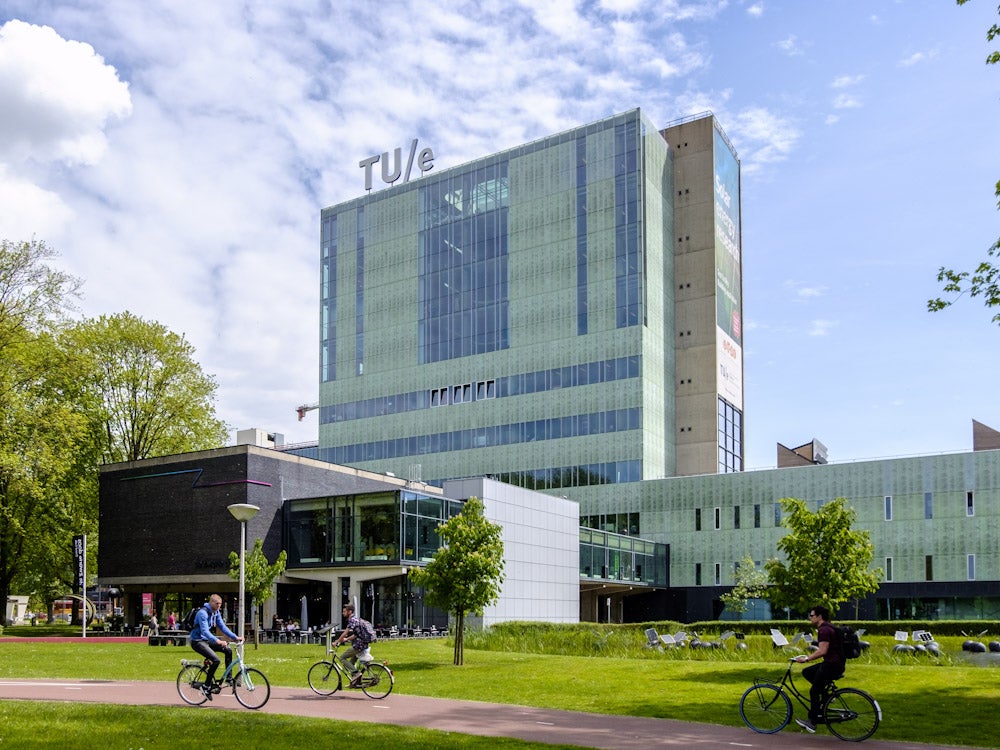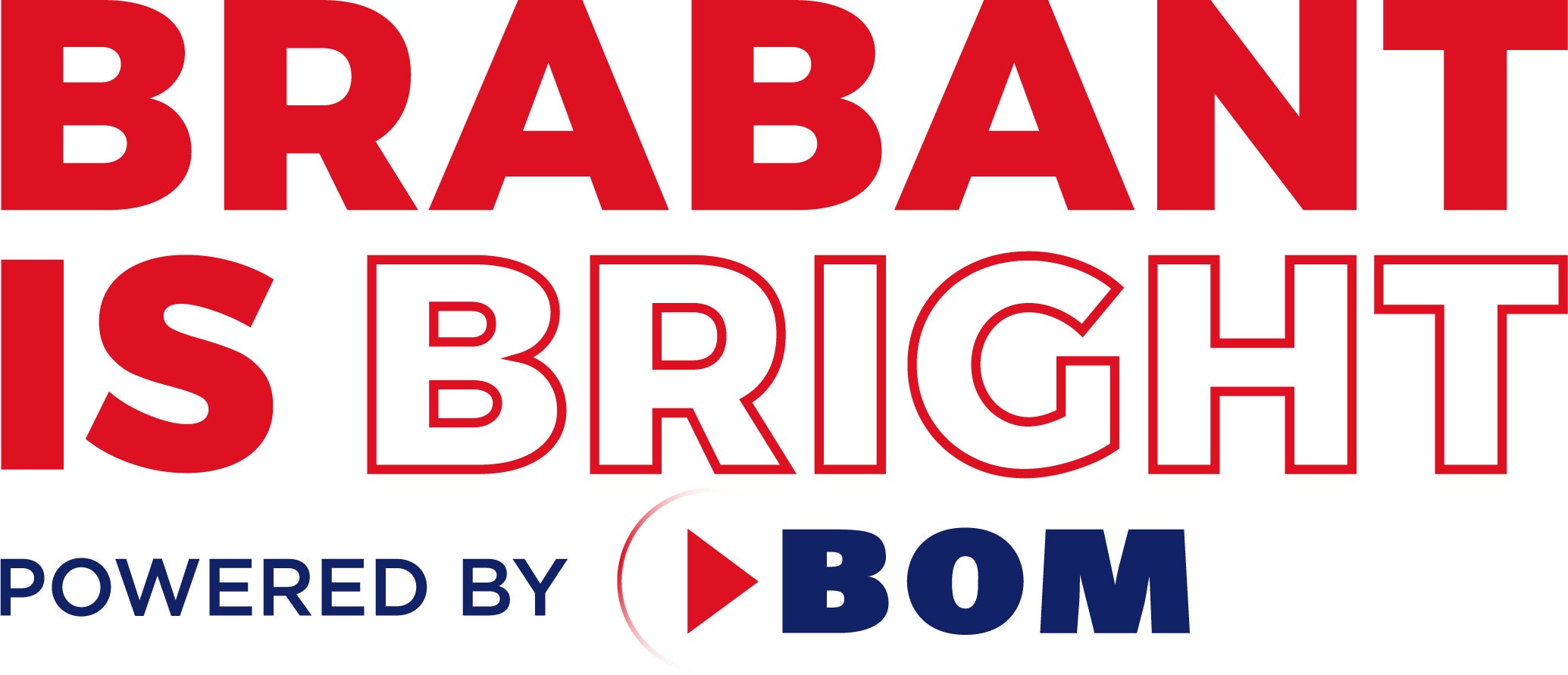
Many technologies needed to solve the pressing challenges facing businesses and society don’t exist yet, but students and businesses are collaborating on projects in Eindhoven to change that.
The Eindhoven University of Technology (TU/e) Innovation Space is running an annual challenge programme, which allows businesses to collaborate with students.
With the climate crisis high on the agenda around the world, projects have typically sought to address environmental issues. For businesses, this includes the energy transition and using technologies to create greater efficiencies or monitor specific areas in greater detail.
The interdisciplinary teams of students come from various courses such as applied physics, industrial design and computer science. Through hands-on, challenge-based learning, students gain invaluable experience working on an industrial project, acquire new skills and develop a taste for entrepreneurship.
Students also build valuable connections with a broad range of businesses for potential employment after their studies. In return, industry partners and sponsors have the opportunity to get to know the brightest up-and-coming talent and support a potentially breakthrough technology in a low-risk environment.
The annual challenge started in 2018 and has since expanded exponentially, with 2,800 students on teams of four to six people across 44 courses. A total of 500 industry partners and sponsors assist teams throughout their projects. Organisers are looking for partners willing to commit to the scheme in the long term, rather than businesses seeking a short-term fix for a particular product.
Developing technologies that benefit society
The thinking of students is not constrained by years of experiencing the practicalities and limitations within an industry. In addition, this generation of students has never known life before the internet, giving them a totally different perspective and relationship with technology than previous generations. For this generation of students, technology is practically second nature. Crucially, they can work on projects that can make a difference.
“Students bring a fresh perspective,” explains Professor Isabelle Reymen, scientific director of TU/e Innovation Space. “They think outside the box. They always go in another direction than perhaps previously thought about. Students see that they can really contribute something because this is where students thrive. They are motivated to make the world better. If they can see this, then their learning is enhanced, and they go into way more depth.”

Organisers deliberately provide students with general briefs to avoid limiting the potential solutions. The ethos is very much to give students the freedom to think up their projects from the broadest and most minimal set of instructions. A good example of this was in 2018 when the European Space Agency and Netherlands Space Office were involved in a challenge.
“They gave a challenge of ‘do something useful for society with satellite data’,” says Reymen.
From this vague brief, one group ended up monitoring seaweed-growing farms in the North Sea, while another group were monitoring bee populations.
Students do not view the challenges as merely assignments to complete at the end of a semester, they very much view them as long-term projects that may end up helping the planet and becoming profitable. After working on the challenges and receiving their grades, several student teams have gone on to form start-ups based on their innovation projects. For this, Brabant provides the ideal environment. The ecosystem enables collaborations between different specialists that students would otherwise be unable to access, along with world-class facilities.
Technologies for cleaner transportation
One of the biggest environmental challenges is reducing the impact of freight, which is estimated to contribute to 7% of all global CO2 emissions. Given that trucks and lorries are fundamental for the global economy, the solution is to create efficiencies and decarbonise vehicle fleets as much as possible.
Eindhoven-based truck manufacturer DAF Trucks has been a key partner with Innovation Space since the challenge programme was founded.

In the last four years, students have developed a series of innovative projects with DAF. In one project, students created an algorithm to map routes for truck drivers to avoid heavy winds, which can significantly increase fuel consumption. A further project used virtual and augmented reality technologies to overcome delays in training for truck drivers. Another project established a consultancy service to determine the feasibility of electrification for businesses, which has since turned into a start-up company.
“I am very open-minded as to what the students can develop or create because it is all open-ended,” says Kati Brock, manager of market intelligence and business development at DAF trucks. “So, you cannot necessarily expect an outcome, but we learn along the way.”
With the wide range of innovations already achieved through the challenge programme and expansions taking place, this model of collaboration between students and businesses looks set to only become more widespread in future.
“Innovation is based on collaboration,” says Jac van Orsouw, innovation manager at DAF Trucks. “Other universities are copying this solution because it is a success. It is an effective way of collaborating. It is a good formula.”


